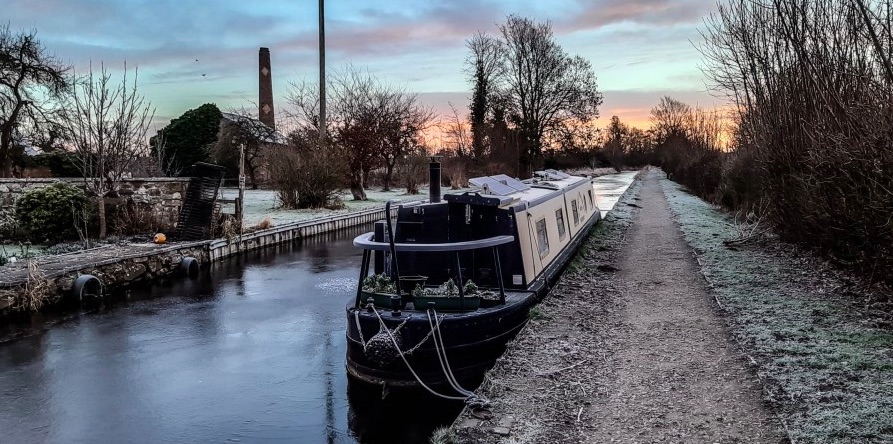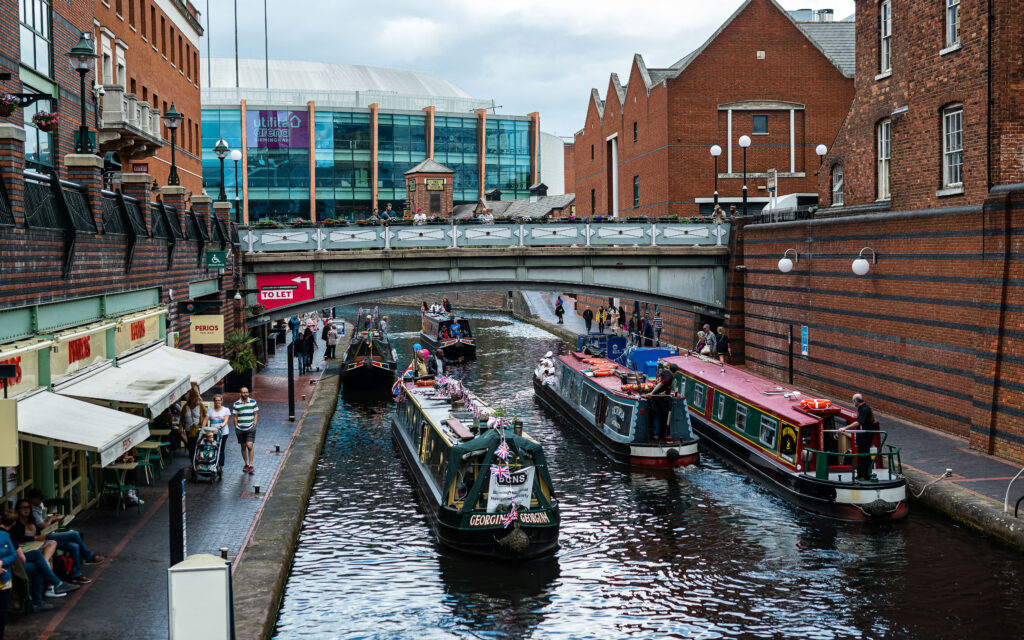Canal & River Trust confirms hike in boat licence fees for 2024

The waterways body, the Canal & River Trust has confirmed an increase of 6 per cent in boat licence fees from 1 April 2024 for both private boat owners and boating businesses.
The rise is based on the latest Bank of England forecasts that inflation will remain at around 4.5 per cent until April 2024.
The trust says the cost of an average boat licence is £860 inc. VAT (£72 per month). For an average boat licence, the additional 6 per cent is approximately £52 (£4 month).
The surcharges for boats without a home mooring and wide beam boats, and changes to the prompt and online payment discounts, announced on 4 October, will be applied in addition to this rise.
Boaters can use a new online calculator on the trust’s website to calculate what the licence fee will be for their boats:

“The recent years have been a challenge for organisations and individuals alike,” Richard Parry, chief executive at Canal & River Trust. “We know that the cost-of-living crisis will have affected many boaters and we have thought long and hard about the licence fee rises we are introducing. There is support available for boaters, and we urge people who are struggling to get in touch with our team.
“The trust has been heavily impacted by the adverse economic environment. Over the past few years, we’ve faced significant increases in a range of our costs, notably the prices of energy, fuel, materials, and other construction demands. Meanwhile, our government grant is reducing in real terms and is due to be cut sharply after 2027, unless our Keep Canals Alive campaign and the multi-organisation Fund Britain’s Waterways campaign persuade government to revisit its decision. We must act now to plug the funding gap, or we risk seeing canals decline and, ultimately, the risk of closures.
“We’ll continue to secure as much income as we can through our commercial and charitable activities and focus our resources on those priority works which are required to support navigation, and on controlling our costs where possible. The 2,000 miles of waterways that we care for comprise 10,000 assets and structures, many of which are up to 250 years old, and they are vulnerable to the extreme weather events that are becoming more common. We are continuing to invest in an extensive ongoing programme of works that will safeguard the future of boating on the inland waterways.”
The trust says the licence cost, which accounts for around 11 per cent of its income, has largely kept pace with inflation since the charity was formed. However, licences for all boats on the trust’s waterways will increase above inflation for each of the next five years.
In September, the trust published its annual report and accounts for 2022/23, revealing an increase in spending on charitable activities, despite a real-term funding decrease from the government.
In its report, the trust highlights the importance of the 250-year-old canal network in helping to address key societal challenges, but also the significant risks the ageing canals are facing due to a shortfall in funding and more frequent extreme weather events brought about by climate change.
The trust is also working to generate more income from its property and non-property endowment, and from other commercial sources such as hosting utilities and water transfer. A step-change in income generation from towpath users and other supporters is targeted, with fundraising income projected to grow by 10 per cent each year – whilst other commercial waterways income, including from anglers, paddle sports and moorings, is also set to increase.
The Gold Licence charges, agreed with the Environment Agency, will increase by 10 per cent from 1 January 2024. This reflects the higher increases applied to fees in 2023. The surcharge for boats without a home mooring will be applied to Gold Licences from 1 January 2025. The additional wide beam surcharge is not applied to the Gold Licence as it already factors in a charge for wider boats.
The trust says it will continue to support boaters who may be struggling to pay their licence fees on a case-by-case basis.










